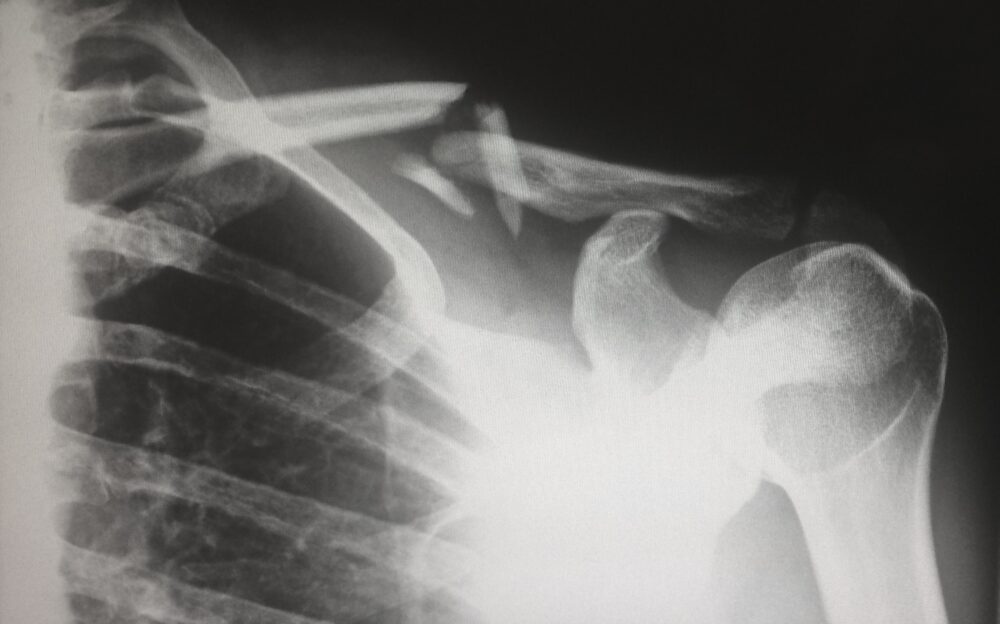What Causes Osteoporosis?

Many factors can contribute to the process by which bones weaken over time.
Some of the factors are out of our control. These include being over the age of 50, being female, being postmenopausal, having a family history of osteoporosis, and having a small frame. Hormone changes that occur naturally with age may also increase osteoporosis risk, specifically the increase in parathyroid hormone, which controls calcium and phosphorus levels in your bones.
There are also some lifestyle factors we do have control over that can contribute to osteoporosis risk. Smoking, leading an inactive lifestyle, being under or overweight, drinking excessive alcohol, not eating enough fruits and veggies, and eating large amounts of protein and sodium, as well as not getting enough calcium, vitamin D, magnesium, or vitamin B12, can all raise your risk for osteoporosis.
Certain medications may also promote bone loss. Some of these include steroids like glucocorticoids, proton pump inhibitors (PPIs) to reduce stomach acid, the class of antidepressants known as selective serotonin receptor inhibitors (SSRIs), some type 2 diabetes meds (like thiazolidinediones), anticonvulsants, drugs to prevent blood clots (like heparin), and some chemotherapies. If you use one of these medications, and aren’t sure how it may be impacting your bone health, it’s a good idea to have a conversation with your physician so you can make an informed choice.
Pre-existing health conditions can also put you at higher risk for osteoporosis. If you have Celiac disease, multiple myeloma, inflammatory bowel disease, cancer, lupus, or kidney or liver diseases, you may have a higher likelihood of developing osteoporosis. This means that incorporating healthy lifestyle habits — like a nutritious diet and weight-bearing exercise — is especially important for osteoporosis prevention.
( Excerpt taken from The Food Revolution Network)
